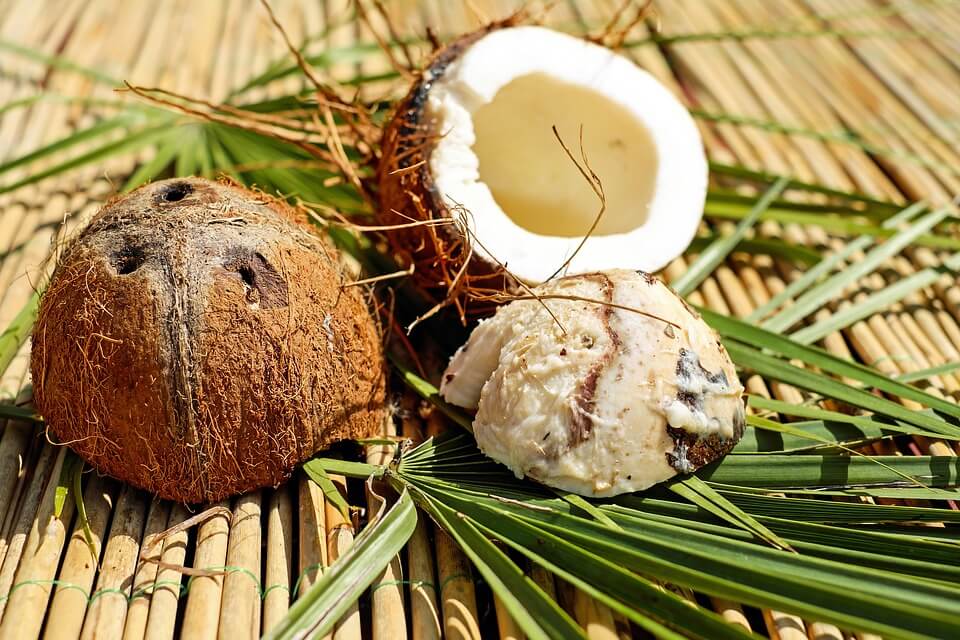Skin Conditions: Symptoms, Impact and Treatments
Forget the heart, liver, lungs or kidneys, the largest organ in the human body is actually the skin! Depending on your body shape and size it could easily measure 2 square meters or more, although the thickness and condition varies between different parts of your body, age groups and men and women. (Think of a baby's soft, smooth skin compared to a sun damaged face on an older person.)
Human skin is made up of three layers, known as: the epidermis, dermis and hypodermis, and is extremely vulnerable to damage and disease.
Types of Skin Conditions
Illnesses and disease which afflict the skin are quite common, and can be lifelong conditions or temporary responses to a particular situation.
Rosacea
Unusual redness on the center section of the face and sometimes on the upper trunk, this is thought to be a disease related to blood vessels. Millions live with it without noticing many problems.
Acne
Related to hormone imbalances this is a common problem amongst teenagers, although it affects adults to some extent too. Treatment with specific antibiotics is common.
Eczema
Quite common in babies, by aged 10 most children have grown out of it, leaving around 3% of the US population with life-long eczema. It is very likely that someone with eczema also has asthma and/or hay fever.
Eczema presents as an itch followed by a rash, often on the face and extremities. The skin affected looks dry and sometimes scaly. Eczema is not something that can be ‘caught'.
Stress, exposure to certain materials, chemicals, animals or extreme heat can trigger a flare-up, but the underlying cause is thought to be somehow linked to a fault in the body's immune system.
Typical medical treatments include applying emollients and topical cortico-steroids, while those who prefer a more natural approach favor things such as cooking with coconut oil, adding probiotics or high-gelatin foods to their diet, taking magnesium baths and applying bee propolis to the skin affected.
Psoriasis
This condition triggers skin cells to be replaced every few days, rather than the 30 day cycle healthy skin follows. Consequently, the epidermis grows too fast and the result is itchy, scaly and red patches on all or some of the body. There are several different types of psoriasis, some more extreme than others.
It is not possible to pass this condition on by touch, although a complicated genetic relationship suggests it can be inherited. Explanations regarding the actual causes of psoriasis are not easy to find, but experts do tend to agree there is a strong link between this disease and the immune system.
As with eczema the typical medical treatment involves steroid cream, while alternative methods which bring a lot of people success include UV light therapy, hemp cream from the high street beauty shops or the use of CBD rich oils which are thought to help regulate and re-balance skin cell growth.
Research shows that living with a skin disease can have a huge impact on a sufferer's psychological well-being, making the need for solutions extremely urgent. Research, education and positive treatments all contribute to easing the daily lives of those affected.
1 Comment
Leave a Reply
839GYLCCC1992




I confirm, cannabis oil helped me a lot with skin problems.